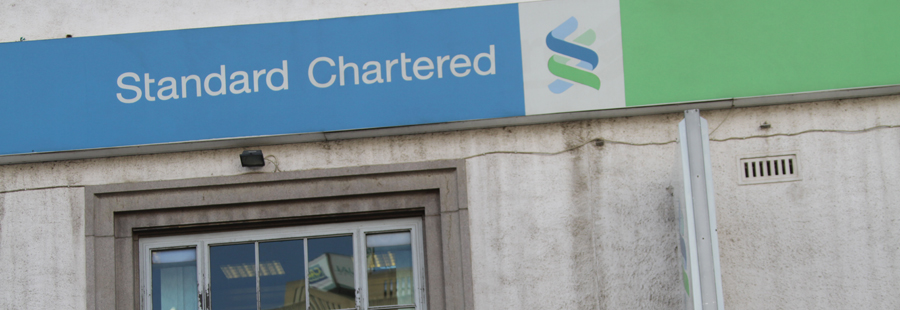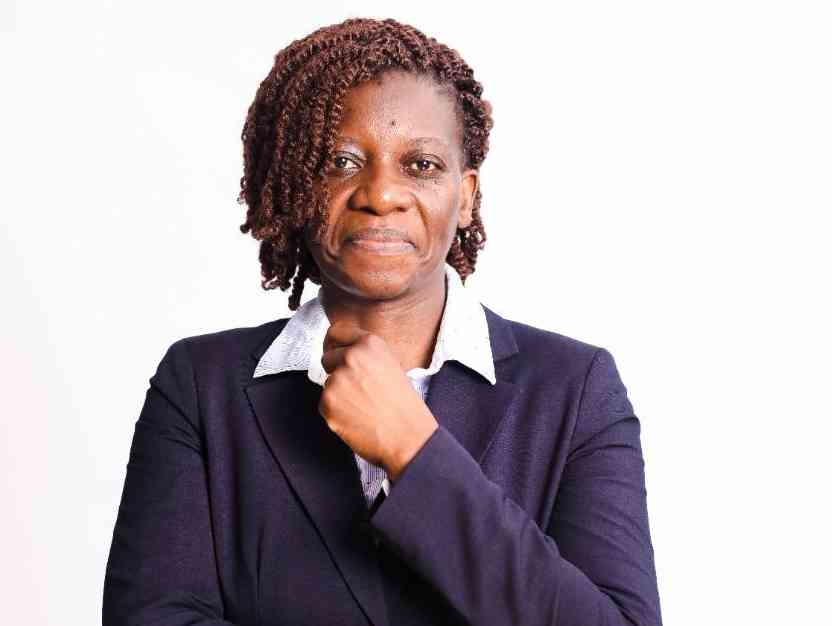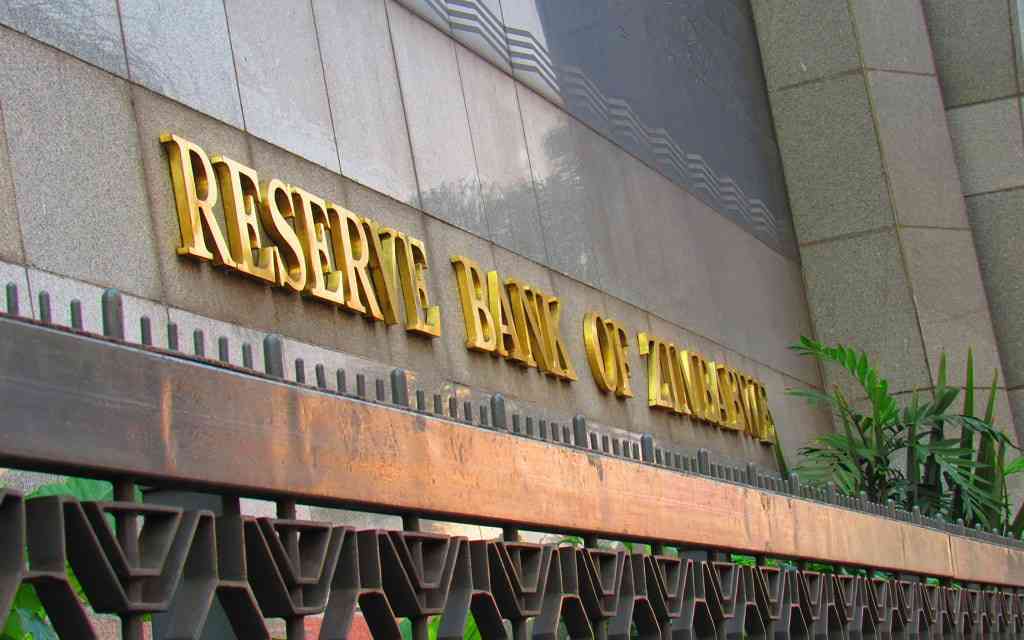
STANBIC Bank Zimbabwe’s parent company, Standard Bank, has implemented a five-pronged technological interface to equip itself to manage and reduce clients’ risk in the ever-fluctuating foreign exchange market.
BUSINESS REPORTER
Standard Bank’s head of Foreign Exchange, Richard de Roos said itwas imperative for the institution to have a deep understanding of the inherent risk around its clients’ businesses as well as what they need to mitigate risks.
He said the best way to achieve that was through participation in all levels of the foreign exchange value chain.
He said rapid changes in the world of technology have given rise to platforms that facilitate access to liquidity through advanced electronic trade execution.
Stanbic Bank Zimbabwe is wholly owned by Standard Bank, Africa’s biggest lender by assets and earnings.
The global foreign exchange market has grown from approximately $3 trillion in average global trading per day five years ago, to approximately $5 trillion in daily trade today.
In Africa, some of the core capability of technologies that relate to market depth, speed of execution, liquidity and electronic delivery are continually developing.
- Chamisa under fire over US$120K donation
- Mavhunga puts DeMbare into Chibuku quarterfinals
- Pension funds bet on Cabora Bassa oilfields
- Councils defy govt fire tender directive
Keep Reading
Standard Bank’s eMarket Trader, a state of the art cross-asset electronic trading platform brings together market intelligence and research, real-time pricing, trade execution and post-trade services through a single web-based platform.
The system allows foreign exchange rates for 64 currencies and is integrated into Standard Bank’s five-pronged approach to managing risk that includes system aggregation; algorithmic risk management tools; client value analysers; a rates engine and price adaptation facility to reduce client risk in the market.
“Our standing as a truly global African bank with a large footprint across the continent allows us to integrate international best practice into our technological platforms and to adapt them for the needs of the African market,” de Roos said.
“Allowing transparent price discovery that is reflective of the underlying market and the efficiency of electronic trading on a single dealer platform coupled with our in-country solutions across the continent make for the best client interaction with the market.”
Standard Bank intends using this to serve every client segment right from large buy side institutions to small corporate clients with trade flow financing and foreign exchange needs.
At the other end of the spectrum are individuals, who due to the rapid growth of e-commerce platforms such as Amazon.com, iTunes and eBay, have made consumers an increasingly powerful force in the foreign exchange market.
“The consumer is becoming an increasingly important player in the technological age,” said de Roos.
“Success in African currency remains being able to access liquidity without impacting the market and single dealer platforms are the ideal infrastructure to facilitate this.”











